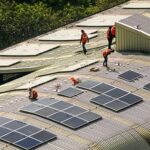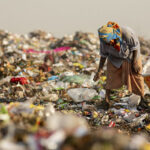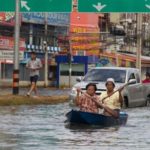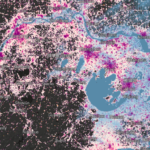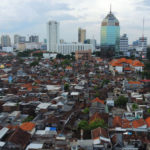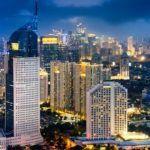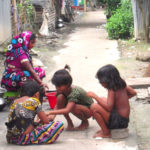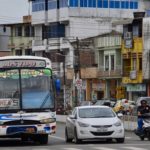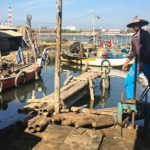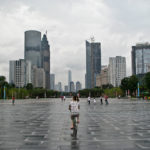Posts tagged with 'Indonesia'
National governments face an enormous triple challenge right now: recovering from COVID-19, creating sustainable and inclusive development, and addressing the climate crisis. New research shows that focusing on cities is key to overcoming these challenges while generating considerable economic, social and environmental benefits. A ...

Solid waste workers have been indispensable to protecting cities around the world during the COVID-19 pandemic. Their heroic examples, from India to Vietnam to Latin America, have helped cities keep moving. But a critical alignment of factors is making their ...

Flooding has already caused more than $1 trillion in losses globally since 1980, and the situation is poised to worsen: New analysis from WRI’s Aqueduct Floods finds that the number of people affected by floods will double worldwide by 2030. According to data from ...

Among cities with the highest rates of outward expansion are coastal cities that are extremely vulnerable to flooding from sea level rise and storm surges. Map by Resource Watch Urban expansion and sea level rise are combining to increase the ...

Many cities, particularly in the global South, have large areas of informal settlements ‒ poor neighborhoods that grew organically, but which often lack structurally sound buildings and services like running water, sanitation and waste management. The traditional approach to upgrading ...

In late August, Indonesian President Joko Widodo announced that he will move the country’s capital to another island. The current capital of Jakarta is located on Java, the most populated island in the world. President Widodo’s motivation for moving is ...

“Poor and vulnerable” is a common refrain in climate change stories. It’s a phrase used with good reason, to highlight how climate change disproportionately affects the disenfranchised. Economically, politically and socially vulnerable communities feel climate impacts first and hardest. They have fewer ...

When Rani, a mother of five in Khulna, Bangladesh, found that the tea stall outside her home kept flooding, she didn’t wait for a government climate resilience program to swoop in. Like many people in urban communities facing the effects ...

As 21st century cities continue to grow, their capacities to adapt, learn and transform need to increase as well, especially in vulnerable neighborhoods. Cities are key players in the global movement to address the threats posed by climate change. Cities ...

About 3 billion people, or 40 percent of the world’s population, will need new housing by 2030. That will require constructing approximately 21 million new homes every year across the world. Several of the fastest-growing countries have ambitious goals to ...

Cities across the world have pledged to take action on climate change, including planning for more sustainable forms of transportation. Many cities, however, lack the data and information necessary to track and monitor their progress. This data provides valuable examples of transportation ...

One of the biggest challenges to climate action is not only understanding the risks of flooding, extreme heat and other challenges, but how your community might respond to these risks. What are its strengths? How might policymakers augment existing capacities ...

The New Urban Agenda – a vision of inclusive, resilient, sustainable cities where everyone has access to resources and economic opportunity – will be center stage next month at the United Nations Conference on Human Settlements, known as Habitat III. ...

This week in Surabaya, Indonesia marks the last preparatory session (PrepCom3) before the UN Conference on Housing and Sustainable Urban Development (Habitat III) in Quito, Ecuador in October 2016. The conference will bring together national governments, sub-national actors, decision-makers and ...

Black carbon – a short-lived climate pollutant emitted into the air by incomplete combustion of fuels – is a both major contributor to climate change and a concern for public health in cities. At the global scale, black carbon has ...









